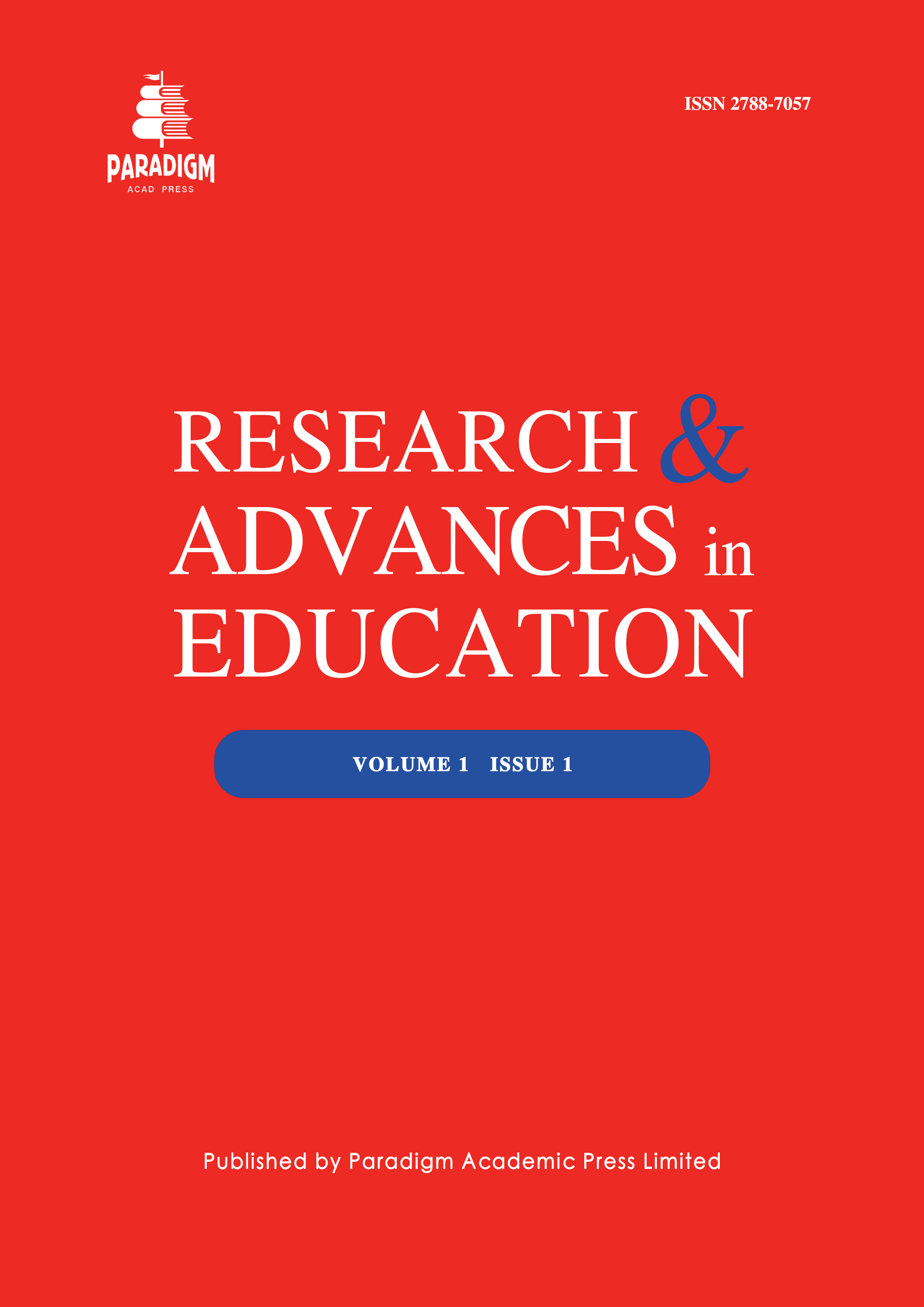Evaluating 6 Examples of Empirical Research in Teachers’ Language Awareness
DOI:
https://doi.org/10.63593/RAE.2788-7057.2025.07.007Keywords:
Teacher Language Awareness (TLA), teacher cognition, reflective practice, language teacher education, beliefs and pedagogyAbstract
This paper critically evaluates six empirical studies on Teacher Language Awareness (TLA), with a focus on the beliefs, cognition, and pedagogical practices of language teachers across various contexts. The review identifies key debates in the field, including the influence of teachers’ identities, prior learning experiences, and external factors such as curriculum design. The studies reveal that while TLA is difficult to alter in the short term, it can be nurtured through sustained reflective practice, explicit instruction, and well-designed training programs. The paper further highlights methodological trends, noting a preference for qualitative or mixed-method approaches that prioritize teachers’ perspectives. Despite growing scholarly attention, the field remains under-researched, particularly regarding the long-term impacts of TLA development and the dynamic interplay between beliefs and classroom practices. The paper concludes by proposing future research directions, emphasizing the need for longitudinal, ethnographic, and context-sensitive studies that bridge theoretical insights with practical classroom realities.


